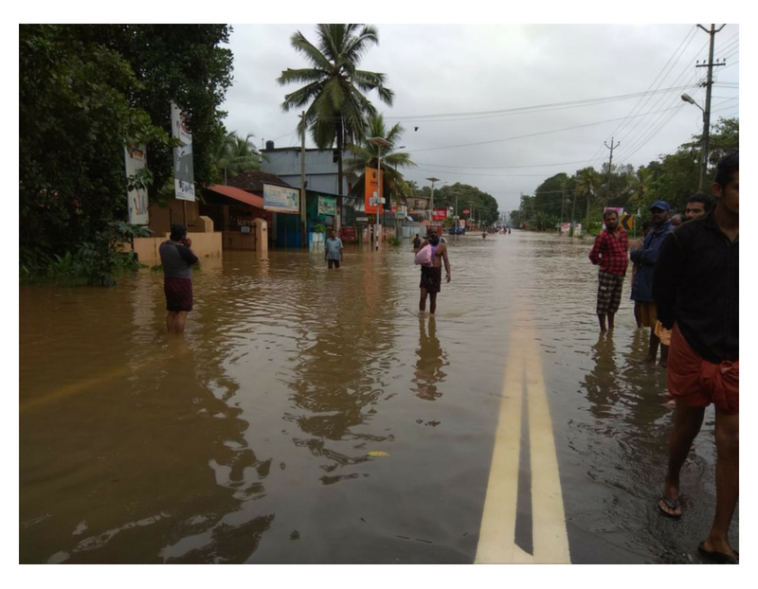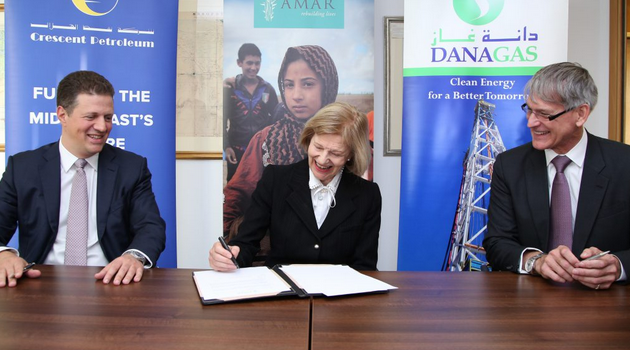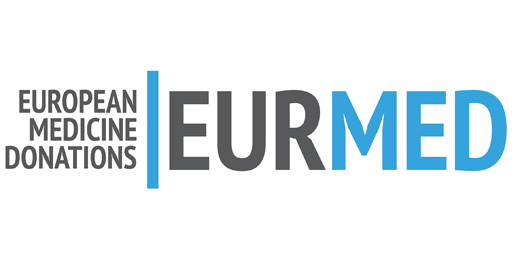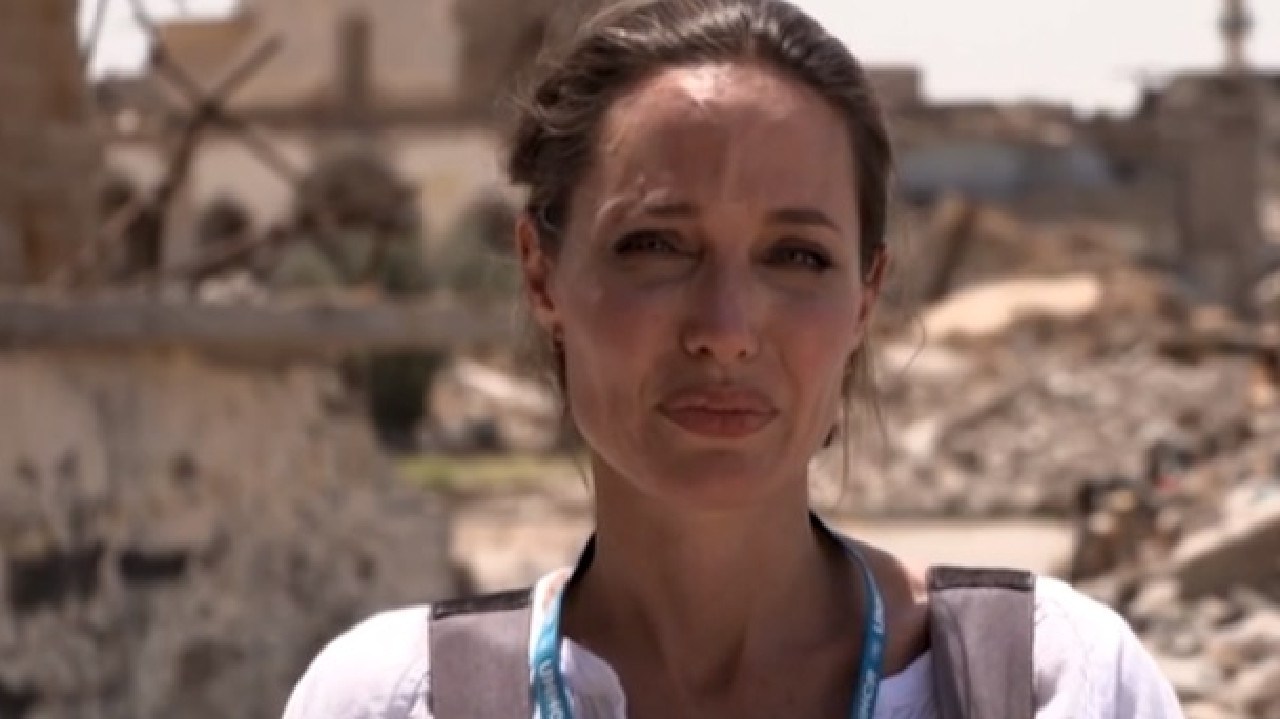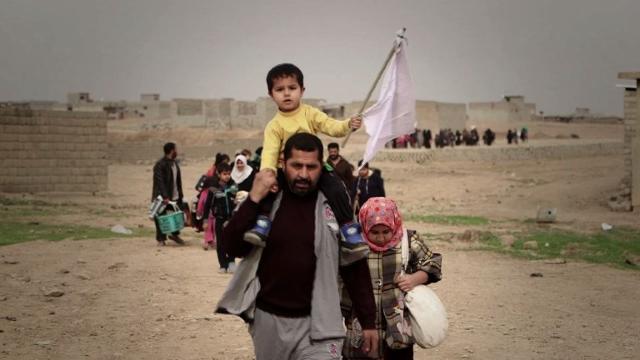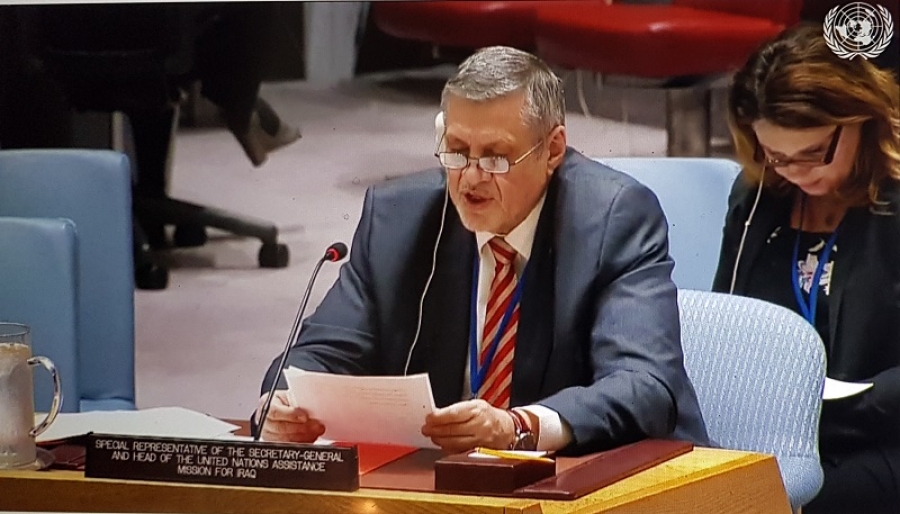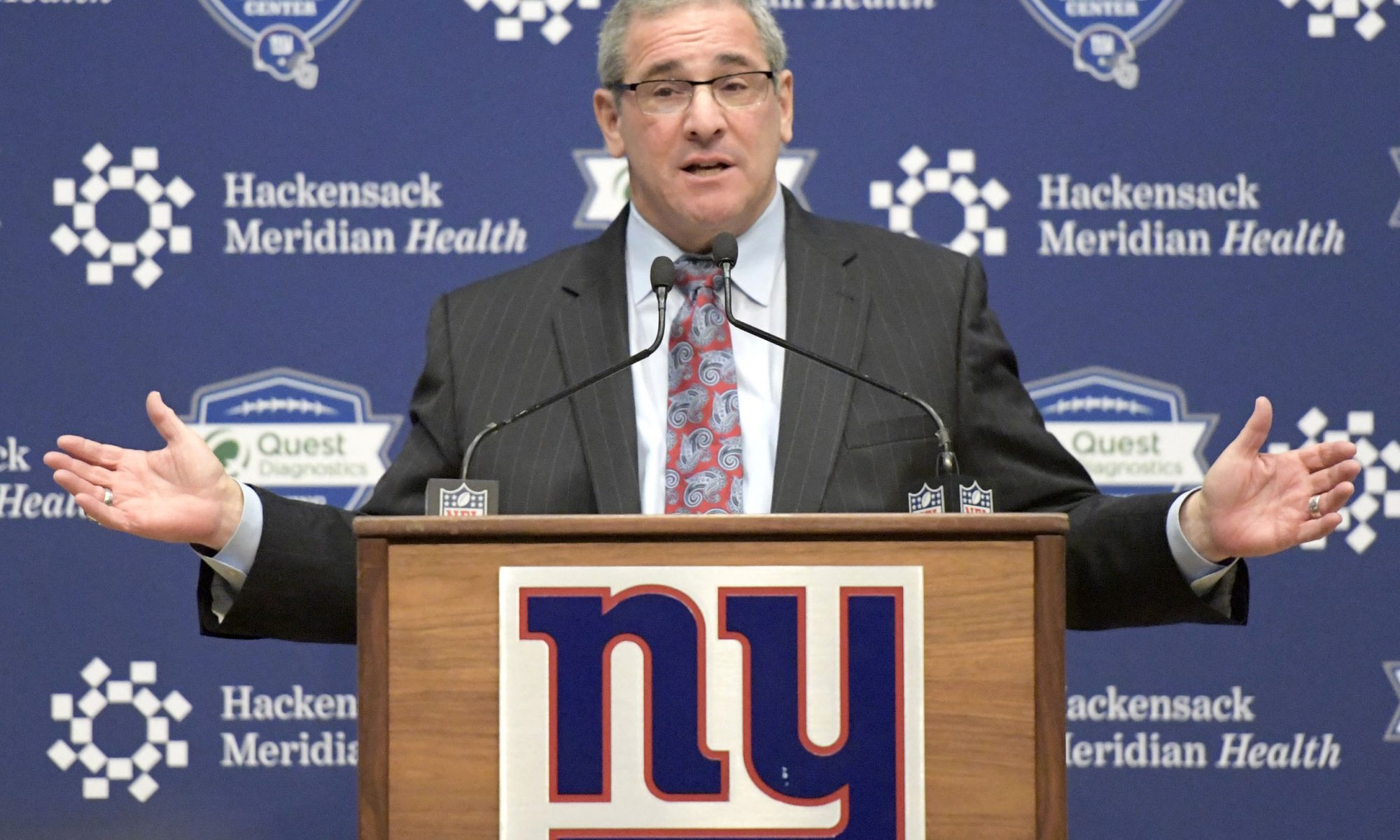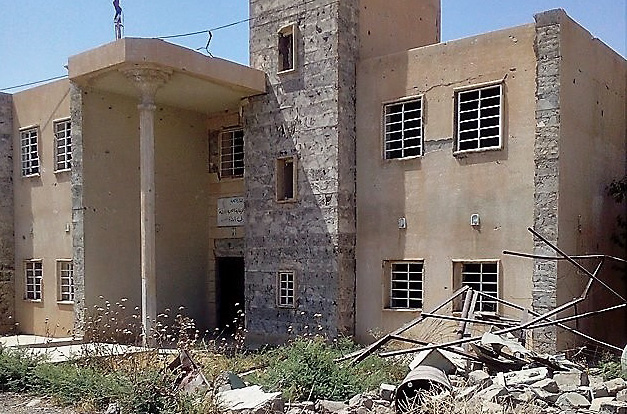Crescent Petroleum and Dana Gas deliver vital support to AMAR IDP clinics
As Iraq’s security conditions have improved, international donors have turned their attention to other troubled parts of the world, leaving many IDP camps in the country on the brink of closure.
Thanks to the continued support of Crescent Petroleum and Dana Gas, however, AMAR have continued to deliver much needed healthcare and support to Khanke Camp’s 16,000 residents
Nearly 2 million Iraqis remain displaced within Iraq, a vast proportion of them still in camps for internally displaced people (IDPs). From victims of conflict who have lost homes and livelihoods to families too afraid to return to their homes after the violence of recent years IDPs remain among the most vulnerable population in the country.
After the trauma of violence and displacement, families in the camps continue to rely on the safe, supportive and nurturing environment in the camp to start rebuilding their lives. But with charitable funding drying up, many camp facilities, especially health care centres, are facing imminent closure.
Dana Gas and Crescent Petroleum, which have contributed considerably to causes within Iraq, remain committed to AMAR’s services in Khanke, delivering vital health and wellbeing services to the thousands of residents at the camp.
Crescent, one of the Middle East’s oldest and largest upstream oil companies, and Dana, one of the largest private-sector natural gas companies in the region, are committed to helping AMAR deliver vaccinations, antenatal care and child health monitoring at the camp.
“IDPs are among the most vulnerable people in Iraq, but sadly they are often overlooked by donors,” said Majid Jafar, CEO of Crescent Petroleum. “We are proud to be partnering with AMAR to provide critical healthcare services and training to the people in Khanke camp.”
A key part of the health programme at the camp are the Woman Health Volunteers (WHVs), who are the front line to identifying health and wellbeing issues among the residents and are trained to deliver health care when needed. Between April and June of this year, the WHVs made thousands of home visits to families at the camp, providing basic healthcare services and delivering health advice, in addition to providing mental health outreach. In all, the WHVs offered support and services to more than 15,000 people during the spring period.
One AMAR WHV, Thikra, for example, recently paid a visit to the Jamila family in the camp. One of the family’s sons had been showing distressing changes in behaviour, including fatigue, excessive sleep and weight gain. Thikra identified the signs of depression in the boy and confided in Mrs. Jamila to openly discuss her son’s symptoms. She then advised the mother to seek a medical assessment for boy’s the condition and set the family on the path to recovery.
Thikra’s work is funded by Dana and Crescent, and is emblematic of the kind of support the companies are funding and promoting in the community.

The companies also provide funds for vocational training programmes in the camps, including sewing and design, IT, and English lessons, providing residents the opportunity to develop skills that can boost their chances of finding employment or to set up their micro-business of their own.
Crescent Petroleum and Dana Gas are among the largest private foreign investors in Kurdistan. Their focus is on developing the region’s natural resources in sustainable way to deliver lasting benefits to local communities. Their US$1.1bn development of the Khor Mor gasfield provides the natural gas to power electricity plants in Erbil and Chamchamal, delivering 1,700 MW of electricity to over 4m people living in the region.

LPG Plant in Kor Mor
Patrick Allman-Ward, CEO of Dana Gas’, said:
“We are committed to developing resources in Kurdistan to provide power to communities and build the structures for inclusive growth, as well as to tackle the economic and social factors that are a barrier to this development. We look forward to strengthening our partnership with AMAR in the future so that we can continue working towards these goals across the region.”
Other projects Dana and Crescent have funded in Kurdistan include renovating and supplying schools, funding hospitals and providing potable water to villages.
Baroness Nicholson, AMAR’s Founder and Chairperson said:
“It is vital that we continue to provide healthcare and education in the camps, as people living there continue to experience extreme deprivation. Thanks to the exceptional generosity of Dana and Crescent, we are able to do this in Khanke. We are very grateful to them for giving us the opportunity to bring relief and support to communities in real need.”
(Source: AMAR)

